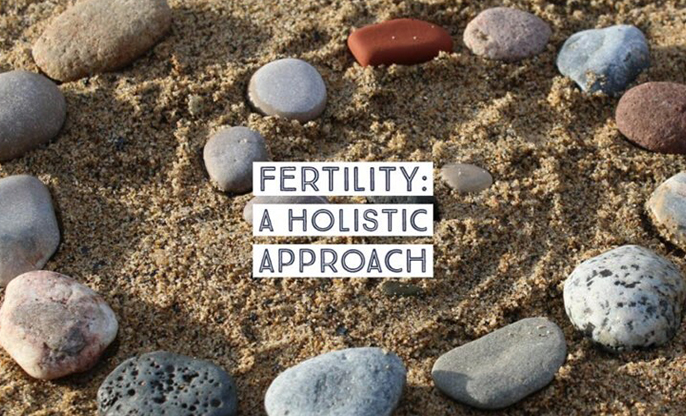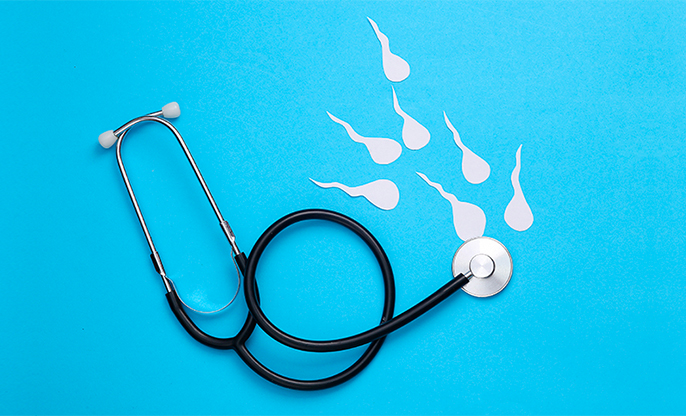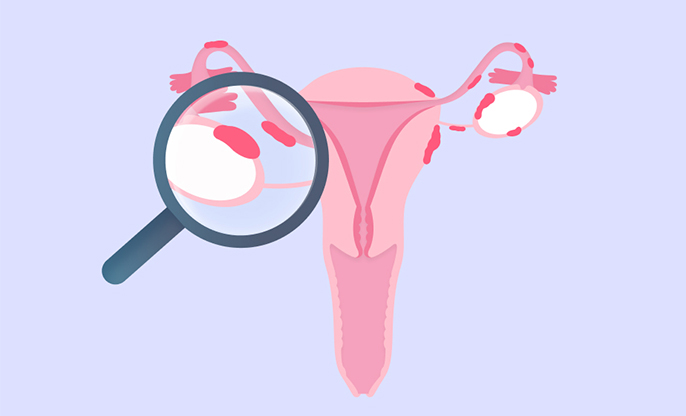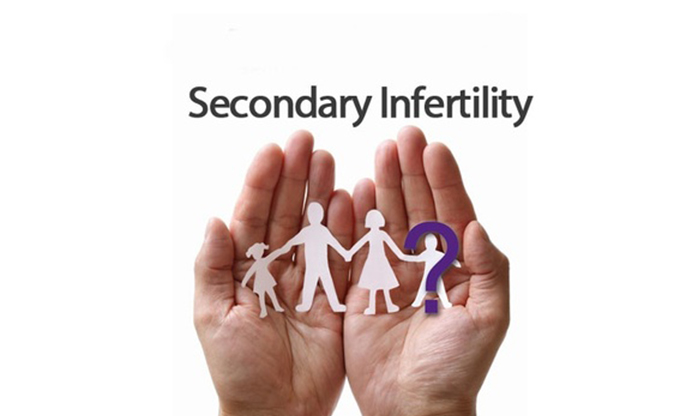
Polycystic Ovary Syndrome (PCOS) is a complex endocrine disorder that affects millions of women worldwide. Often misunderstood and mischaracterized, PCOS is not a disease but rather a syndrome, encompassing a range of symptoms and hormonal imbalances. In this article, we will delve into the world of PCOS, exploring its effects on fertility. Essential strategies for managing its challenges can be read in the following article.
Understanding PCOS
PCOS is characterized by hormonal imbalances, irregular menstrual cycles, and the presence of small cysts on the ovaries. It affects women of reproductive age, with varying degrees of severity. While the exact cause remains elusive, genetics, insulin resistance, and lifestyle factors play significant roles in its development.
Effects on Fertility
·
Irregular Ovulation: PCOS often disrupts the regular
ovulation process, leading to irregular or absent menstrual periods. This
irregularity can make it challenging to predict the fertile window, reducing
the chances of conception.
·
Anovulation: Anovulation, the absence of ovulation, is a common issue in
PCOS. Without ovulation, the release of mature eggs for fertilization does not
occur, rendering natural conception difficult.
·
Hormonal Imbalances: Elevated levels of androgens (male
hormones) such as testosterone can hinder the maturation of follicles in the
ovaries and affect egg quality. Hormonal imbalances can also lead to the
development of cysts.
·
Insulin Resistance: Many women with PCOS experience
insulin resistance, a condition where the body's cells do not respond
effectively to insulin. This can lead to elevated insulin levels, further
exacerbating hormonal disruptions and impairing fertility.
· Risk of Miscarriage: PCOS is associated with an increased risk of miscarriage due to hormonal irregularities and suboptimal egg quality. Managing PCOS before conception is crucial to reduce this risk.
Statistics
·
PCOS affects approximately 1 in 10 women of childbearing age
globally.
·
Around 70% of women with PCOS remain undiagnosed.
· Women with PCOS have a 30-40% chance of experiencing infertility.
Conclusion
PCOS
is a complex condition that can have profound effects on fertility. In the
following article, we will delve into the strategies and treatments available
to manage PCOS and improve the chances of conception. With the right knowledge
and guidance, women with PCOS can successfully navigate the challenges and
embark on their journey to parenthood.















































